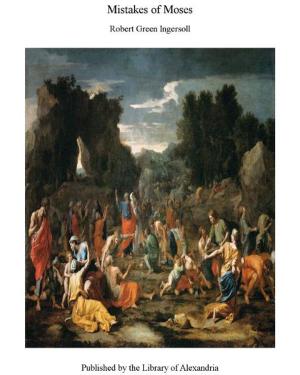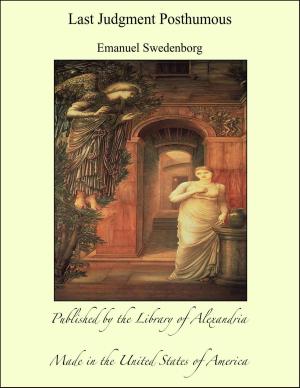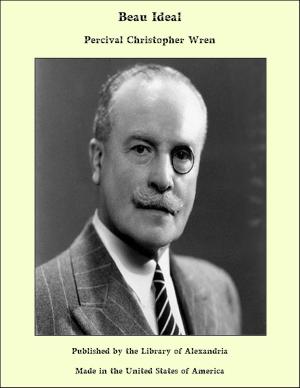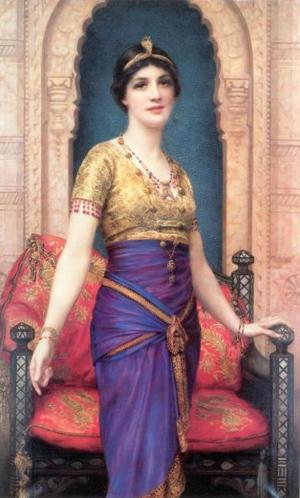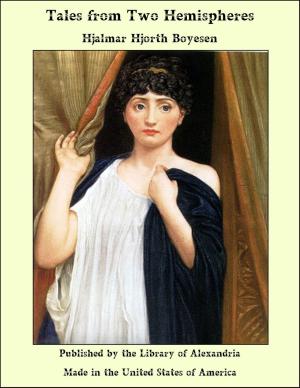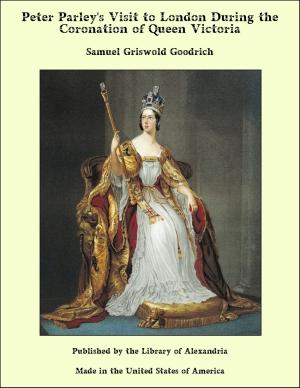| Author: | John R. Carling | ISBN: | 9781465554932 |
| Publisher: | Library of Alexandria | Publication: | March 8, 2015 |
| Imprint: | Language: | English |
| Author: | John R. Carling |
| ISBN: | 9781465554932 |
| Publisher: | Library of Alexandria |
| Publication: | March 8, 2015 |
| Imprint: | |
| Language: | English |
THE MEETING IN THE FOREST Paul Cressingham, captain in Her Britannic Majesty's army, had seen some active service, and was therefore not unused to sleeping on the ground at night wrapt in his military cloak. Nevertheless he had a civilian weakness, if not for luxury, at least for comfort, and much preferred a four-poster, whenever the same was procurable. At the time, however, when this story opens it seemed likely that if he slept at all, his slumbers would have to be à la belle étoile, for he found himself late at night wandering in a deep pine-forest of Dalmatia. Paul's regiment—the Twenty-fourth Kentish—had its headquarters at Corfu; for his were the days when the United States of the Ionian Isles formed a dependency of the British Crown. His uncle, Colonel Graysteel, was commander-in-chief of the forces stationed there,—a fact which stood Paul in good, or possibly in bad, stead, for thereby he was enabled to obtain more relaxation than is consonant with the traditions of the War Office, his furloughs being extremely numerous, and spent chiefly in exploring odd corners of the Adriatic. Colonel Graysteel growled occasionally at his nephew's negligences. Having no children of his own, he had adopted Paul as his heir. On parade there was no finer figure than Paul's,—tall, athletic, soldierly. With hair of a golden shade and having a tendency to curl, with soft hazel eyes that could look stern, however, at times, and with graceful drooping moustache, he was first favorite with the ladies of the English colony at Corfu, especially as his elegance in waltzing was the despair of all his brother-officers. He was an excellent shot, a deadly swordsman, a dashing rider, a youth of spirit and bravery. To one of this character much must be forgiven, and the old colonel forgave accordingly
THE MEETING IN THE FOREST Paul Cressingham, captain in Her Britannic Majesty's army, had seen some active service, and was therefore not unused to sleeping on the ground at night wrapt in his military cloak. Nevertheless he had a civilian weakness, if not for luxury, at least for comfort, and much preferred a four-poster, whenever the same was procurable. At the time, however, when this story opens it seemed likely that if he slept at all, his slumbers would have to be à la belle étoile, for he found himself late at night wandering in a deep pine-forest of Dalmatia. Paul's regiment—the Twenty-fourth Kentish—had its headquarters at Corfu; for his were the days when the United States of the Ionian Isles formed a dependency of the British Crown. His uncle, Colonel Graysteel, was commander-in-chief of the forces stationed there,—a fact which stood Paul in good, or possibly in bad, stead, for thereby he was enabled to obtain more relaxation than is consonant with the traditions of the War Office, his furloughs being extremely numerous, and spent chiefly in exploring odd corners of the Adriatic. Colonel Graysteel growled occasionally at his nephew's negligences. Having no children of his own, he had adopted Paul as his heir. On parade there was no finer figure than Paul's,—tall, athletic, soldierly. With hair of a golden shade and having a tendency to curl, with soft hazel eyes that could look stern, however, at times, and with graceful drooping moustache, he was first favorite with the ladies of the English colony at Corfu, especially as his elegance in waltzing was the despair of all his brother-officers. He was an excellent shot, a deadly swordsman, a dashing rider, a youth of spirit and bravery. To one of this character much must be forgiven, and the old colonel forgave accordingly


